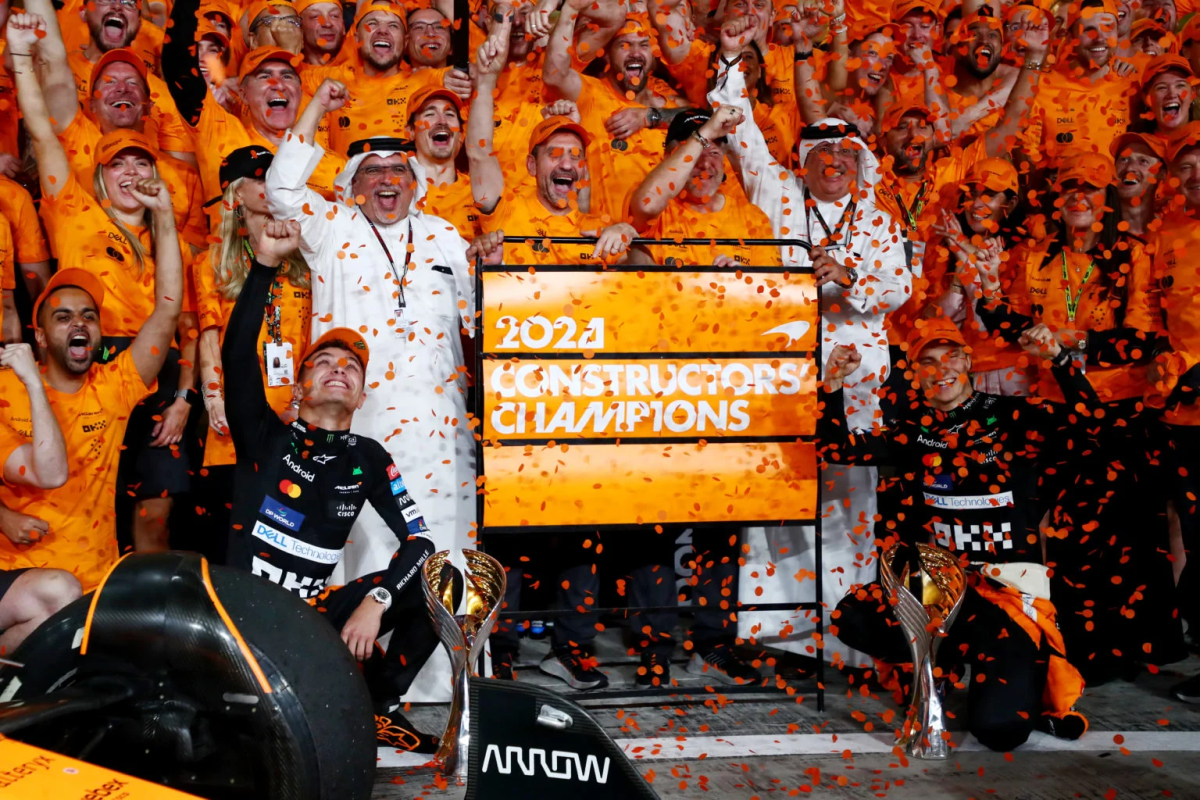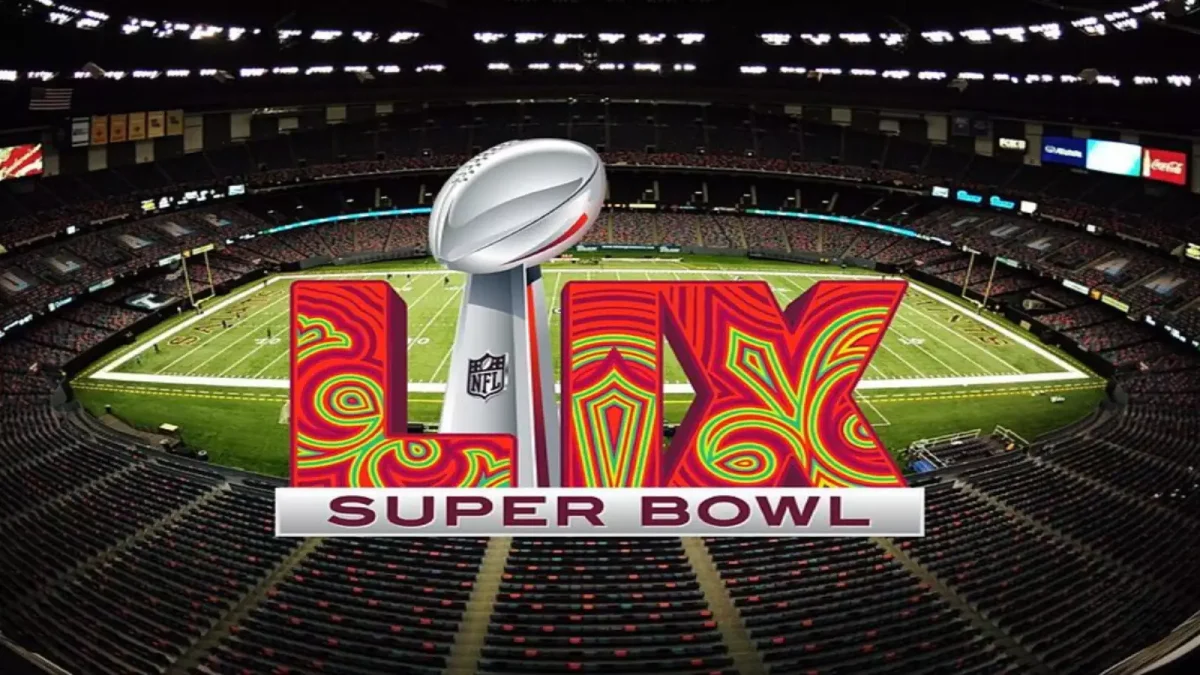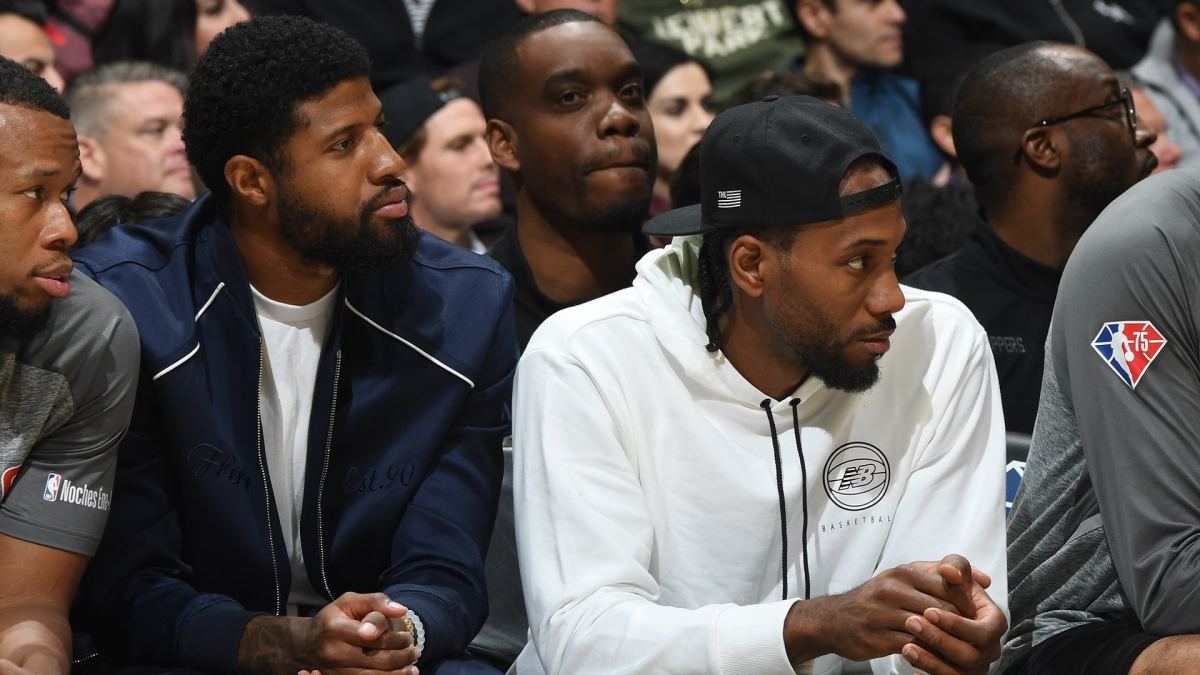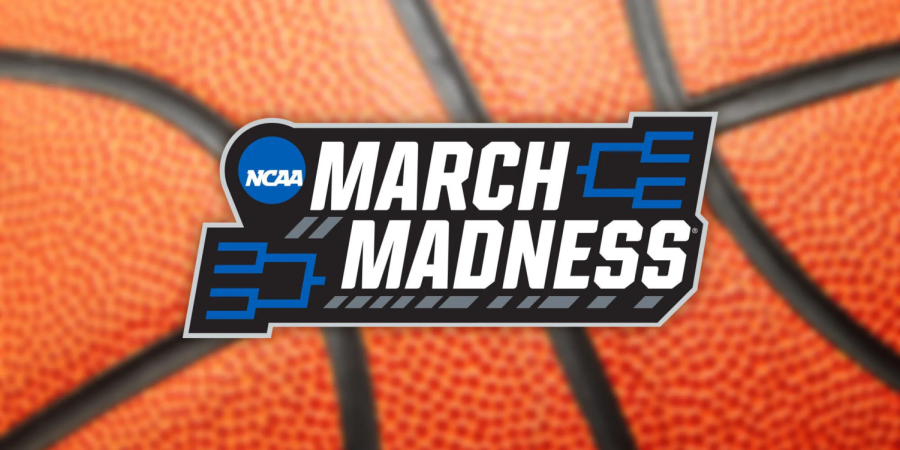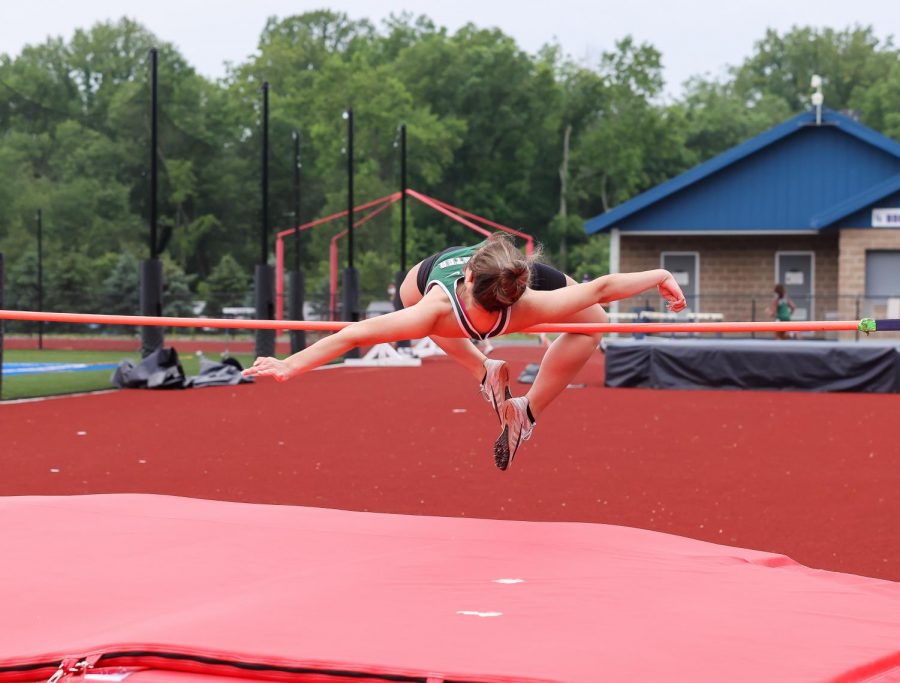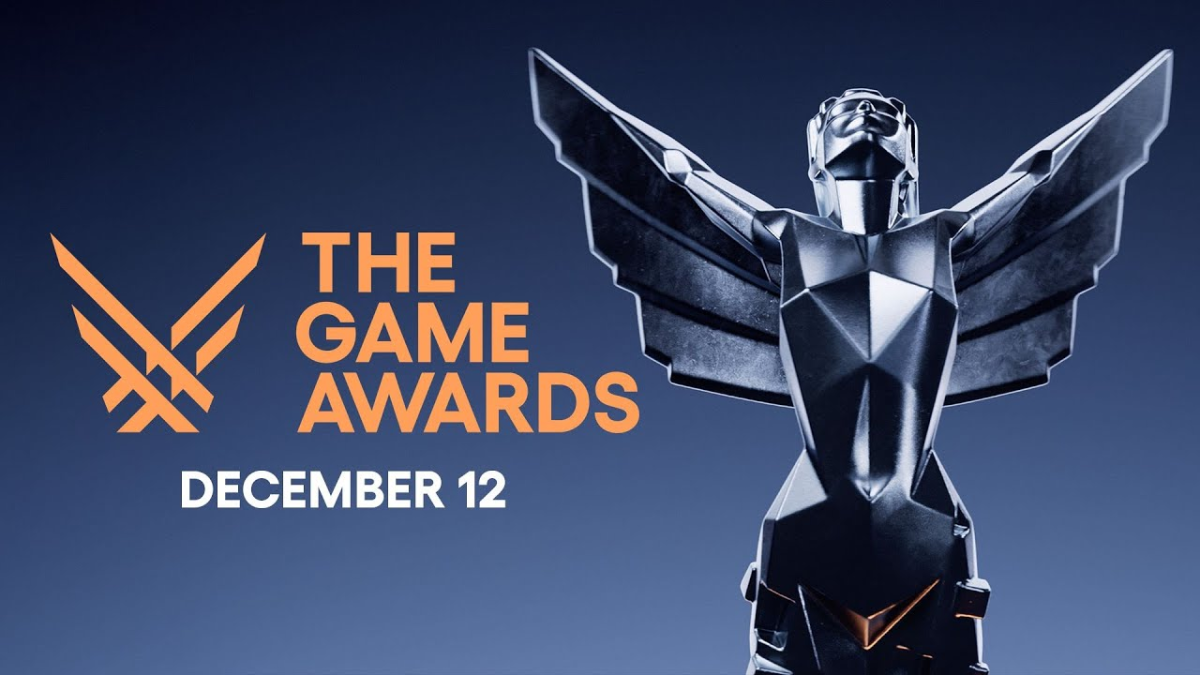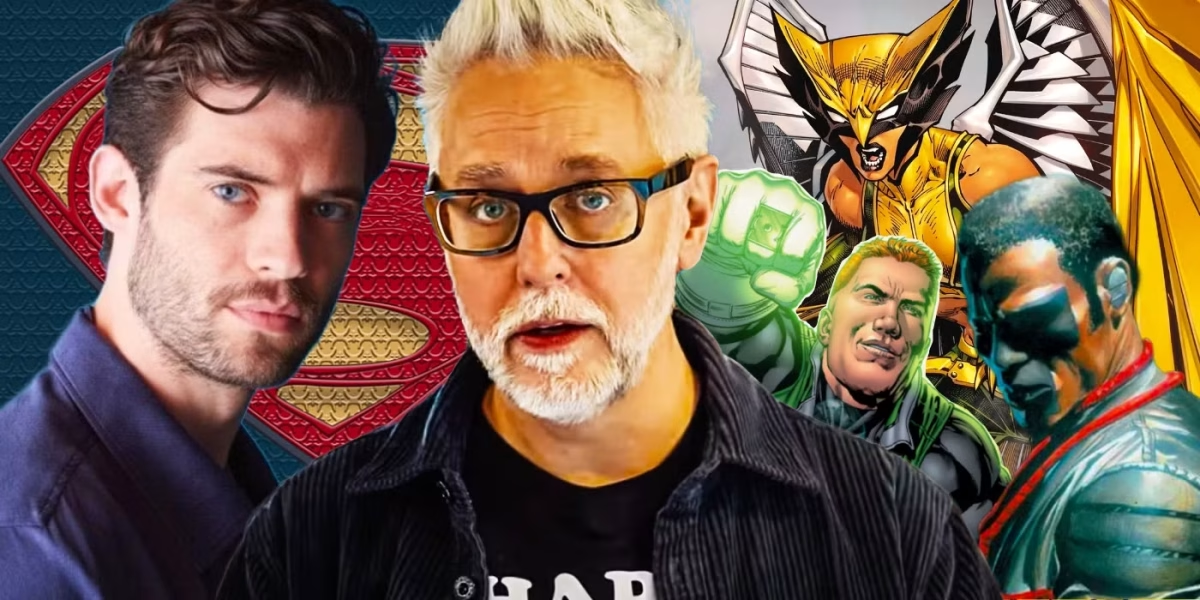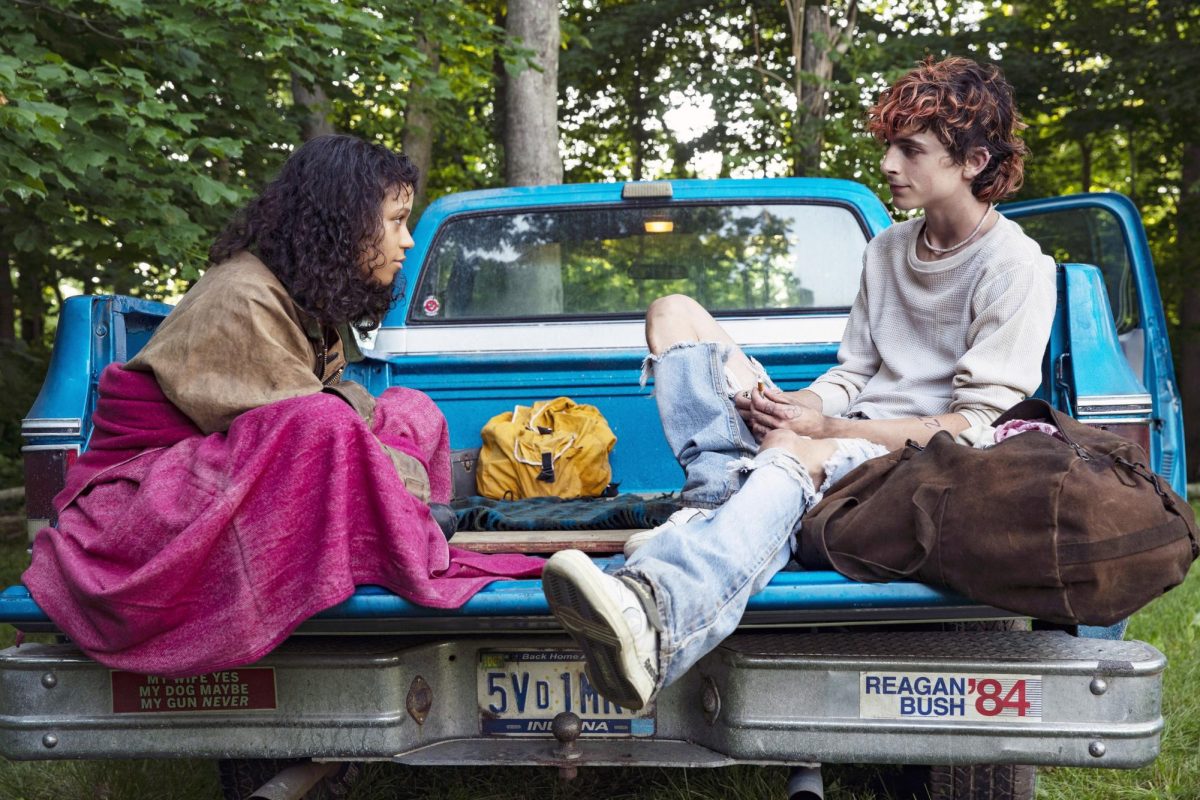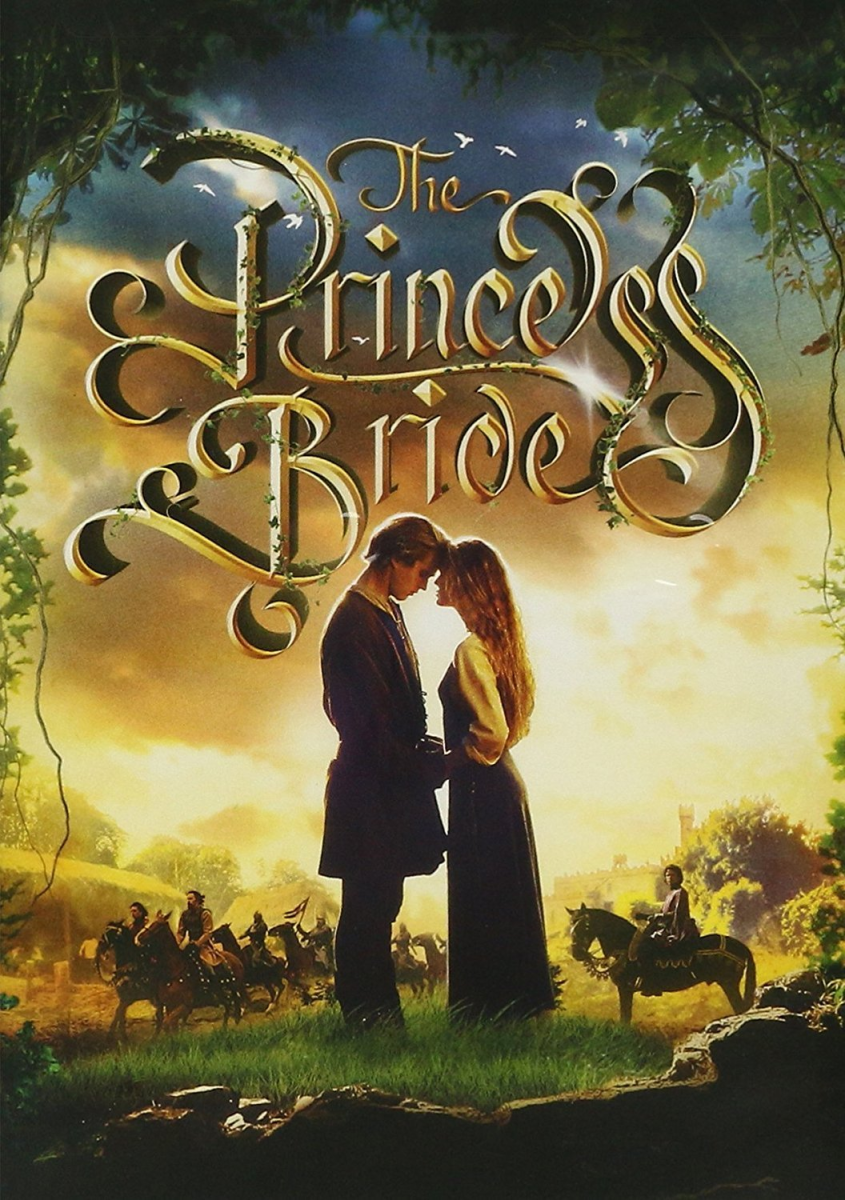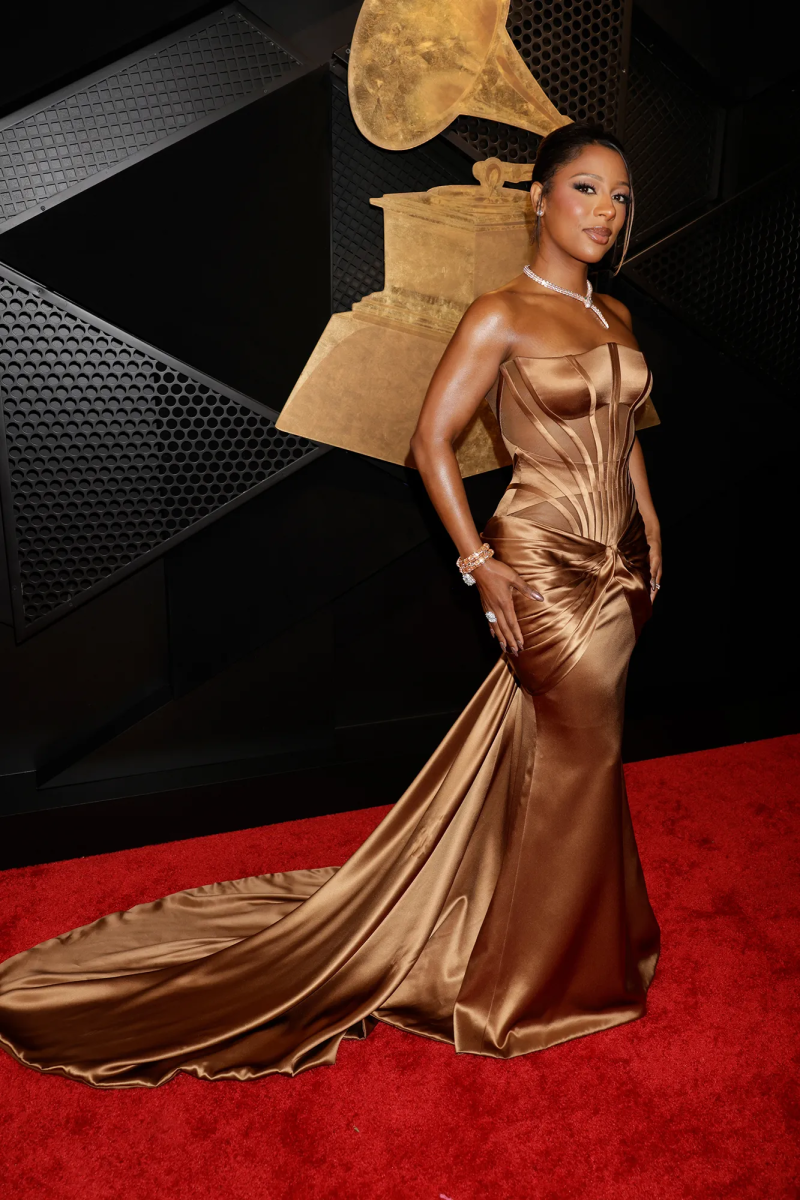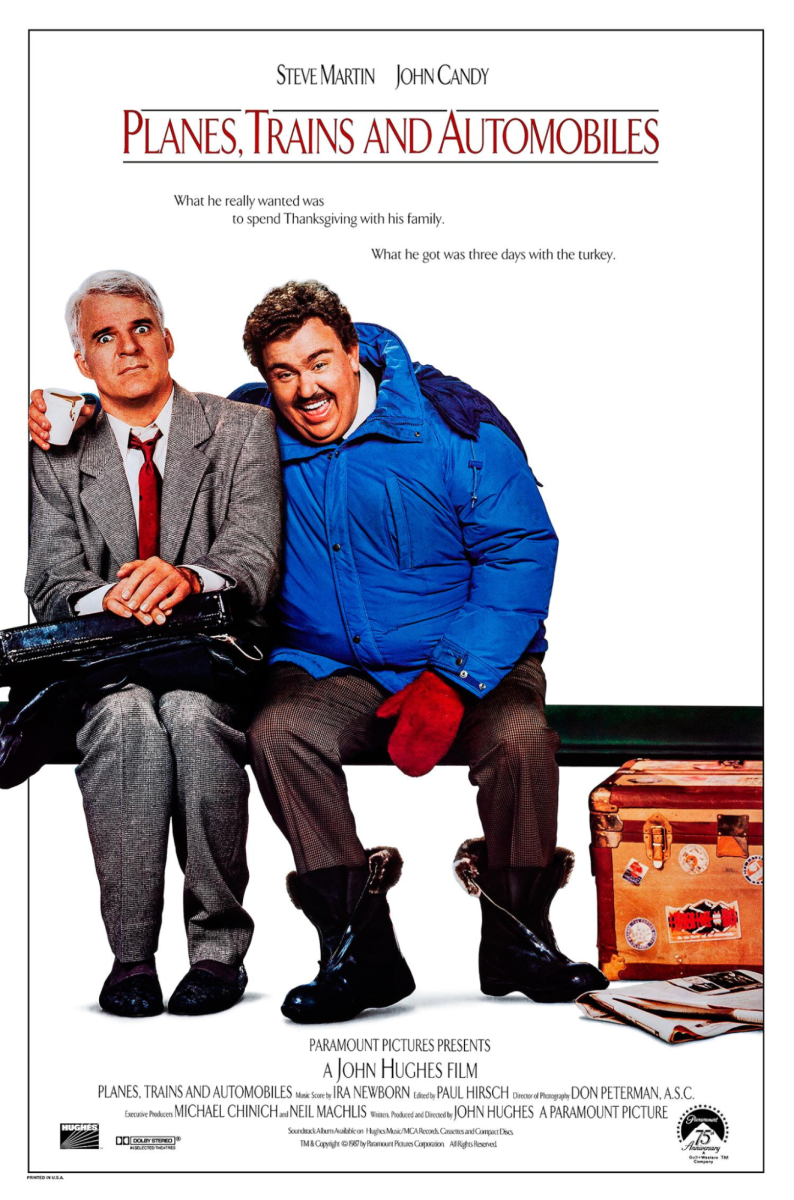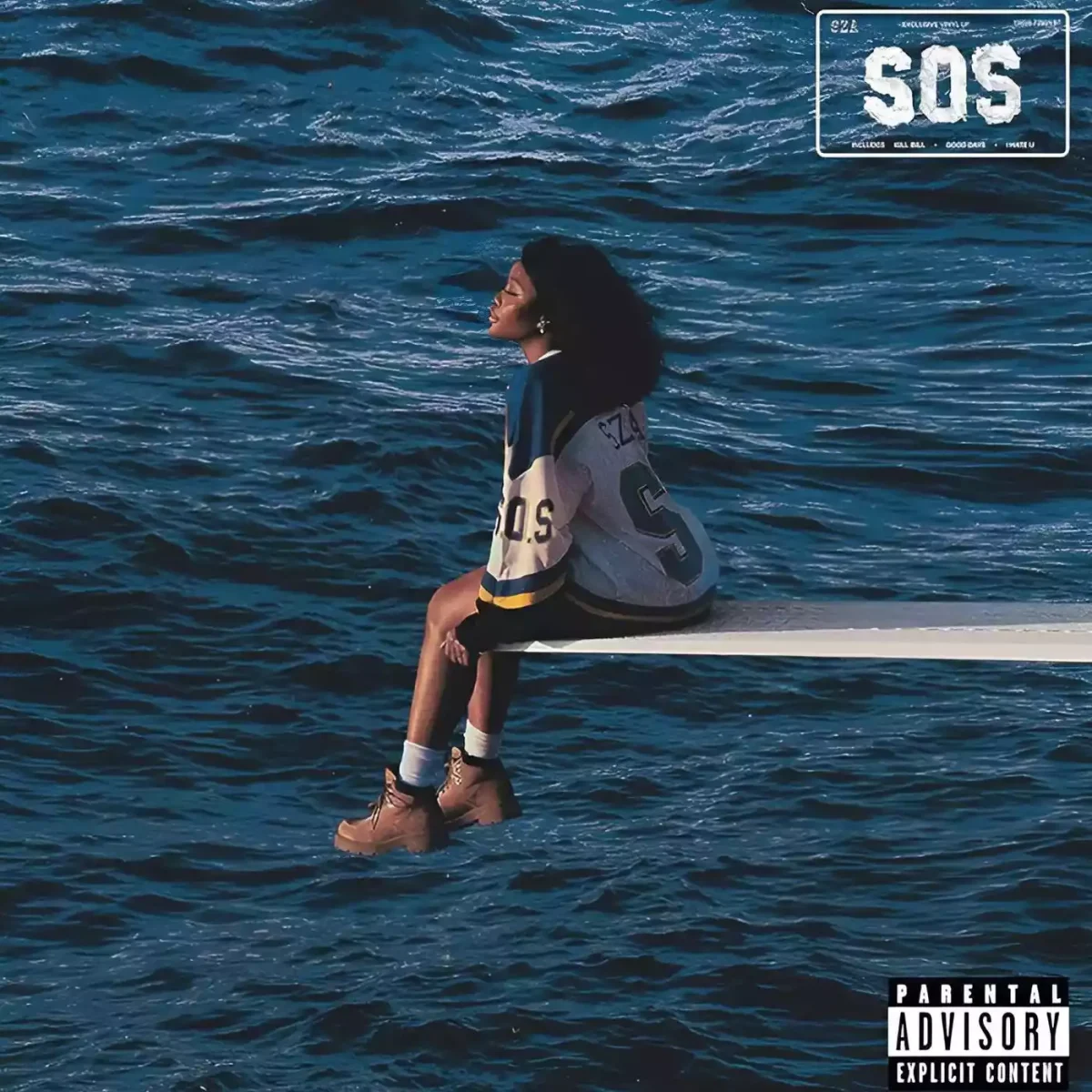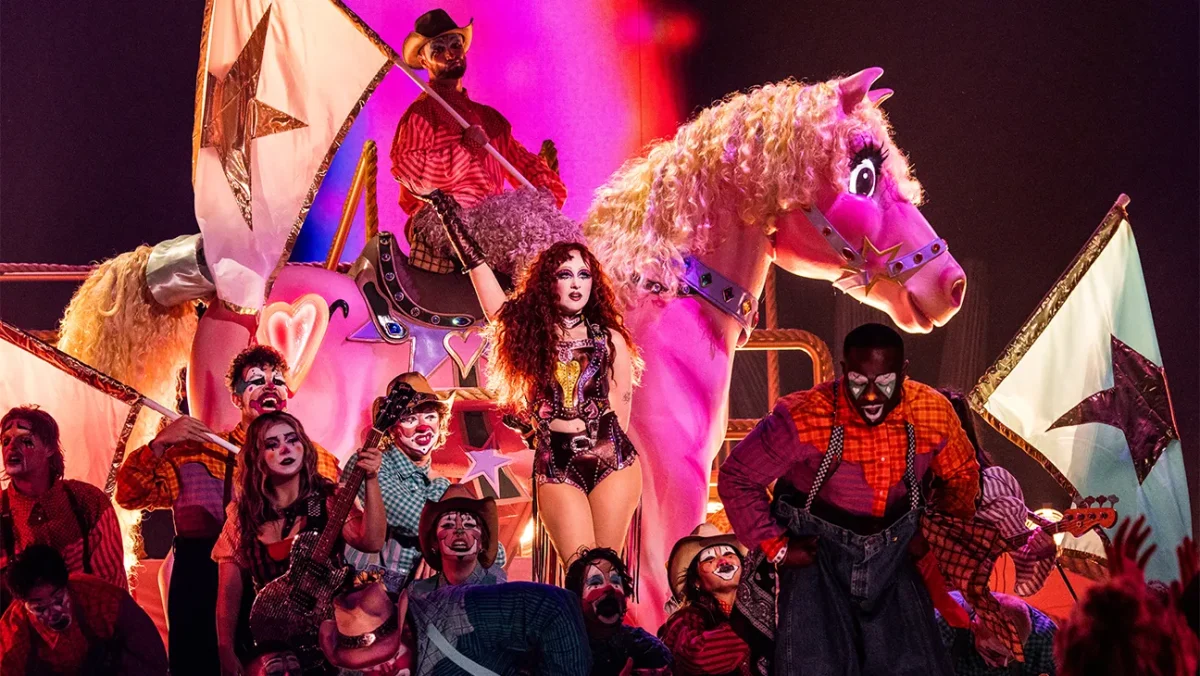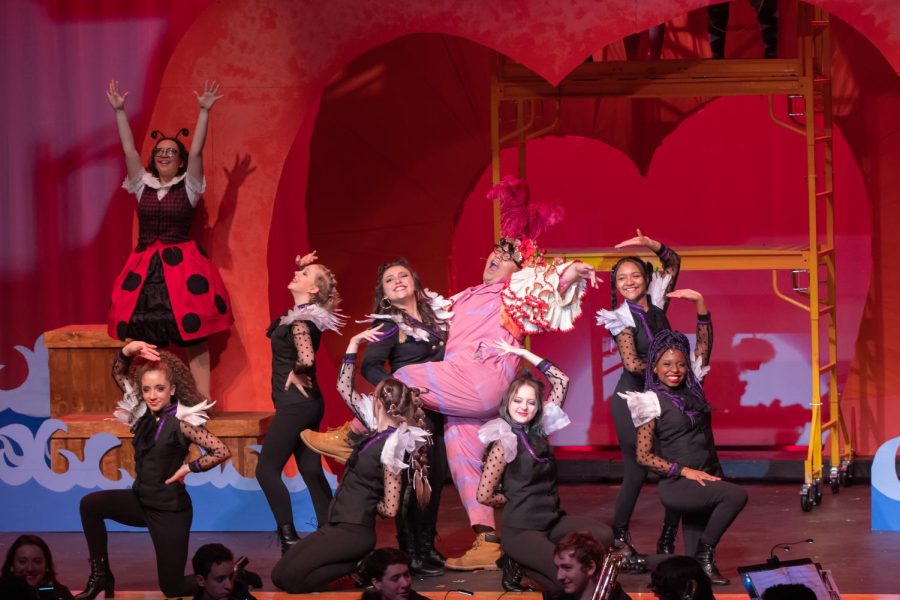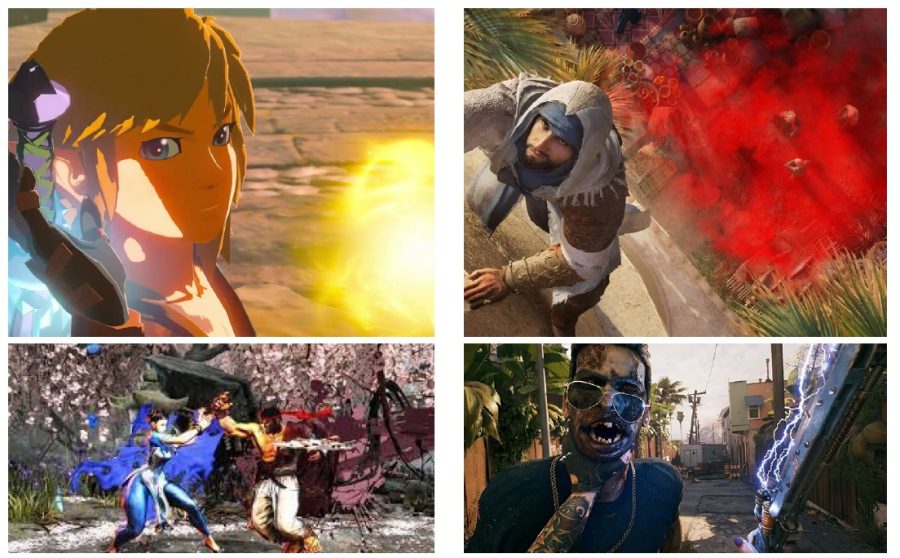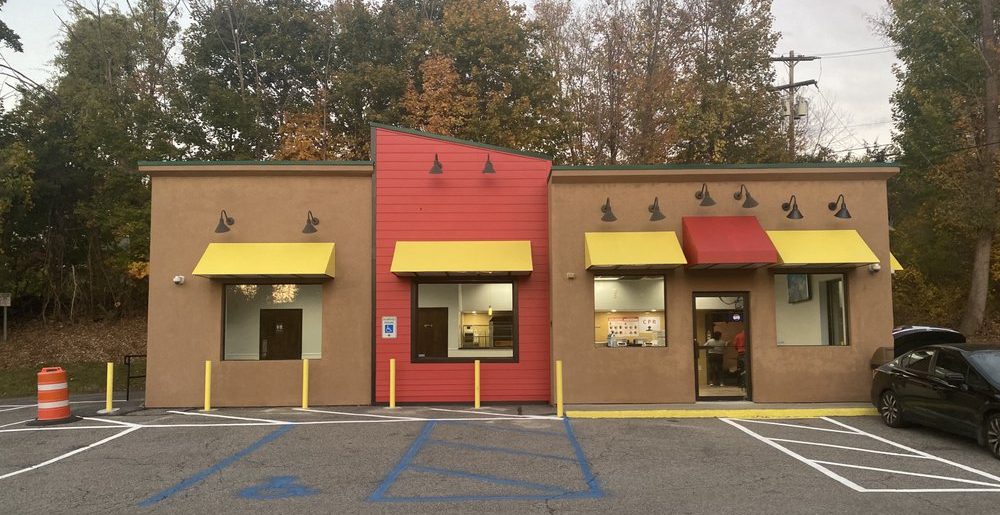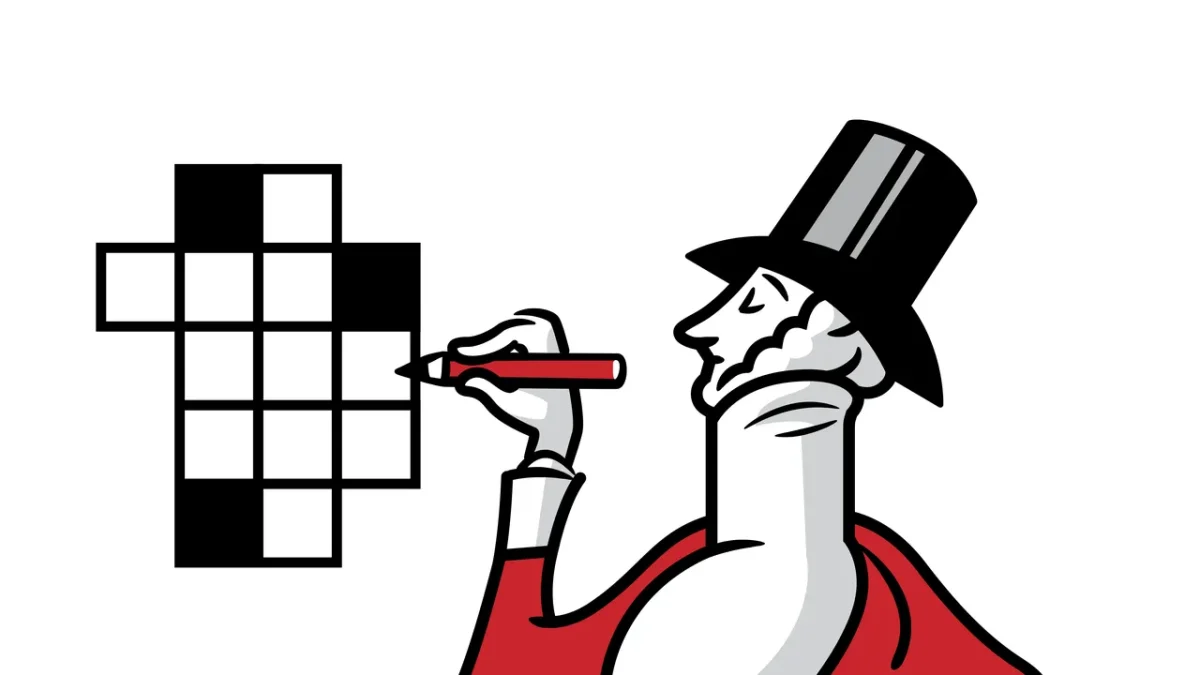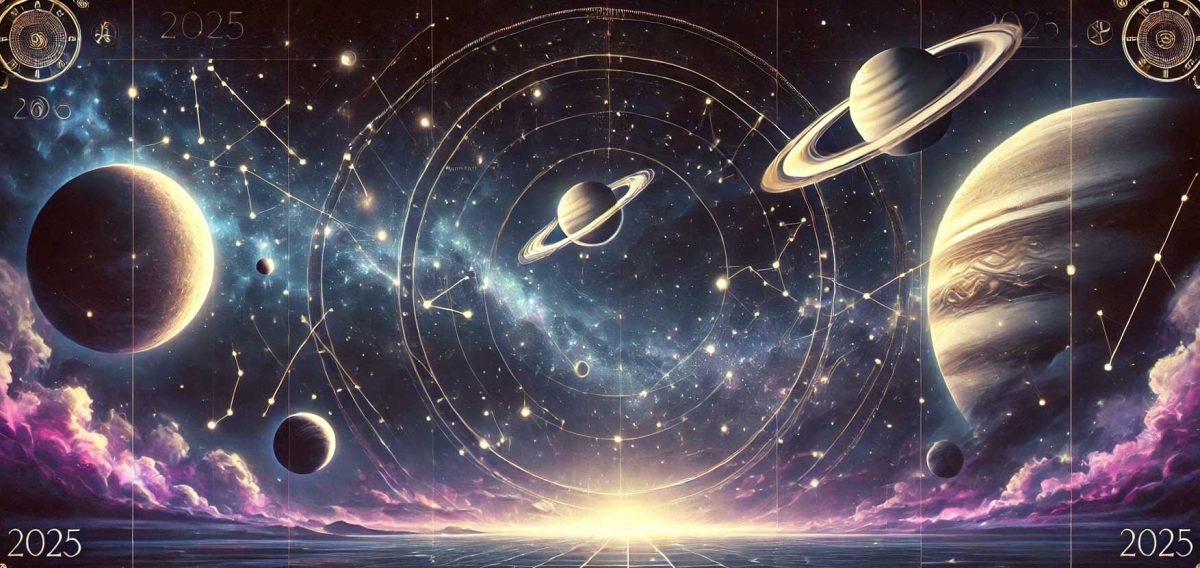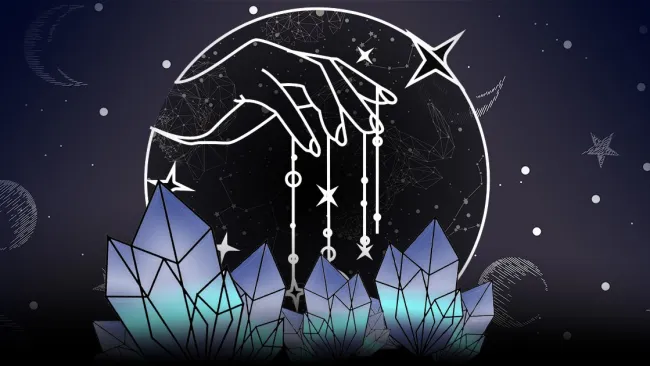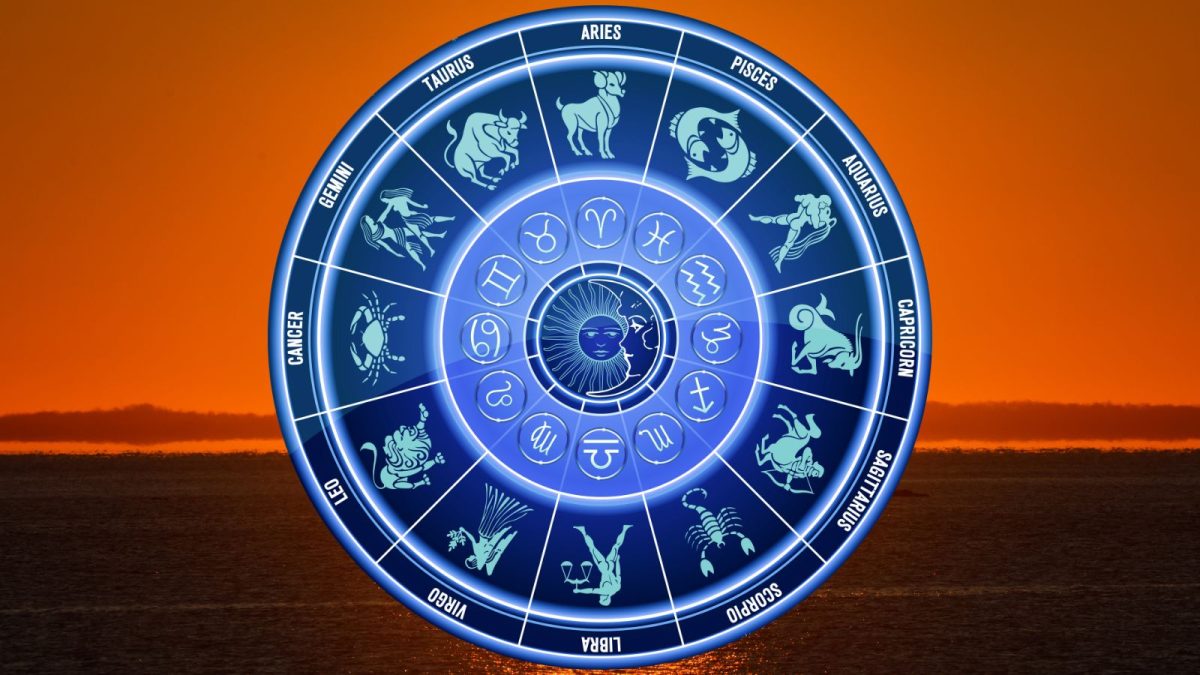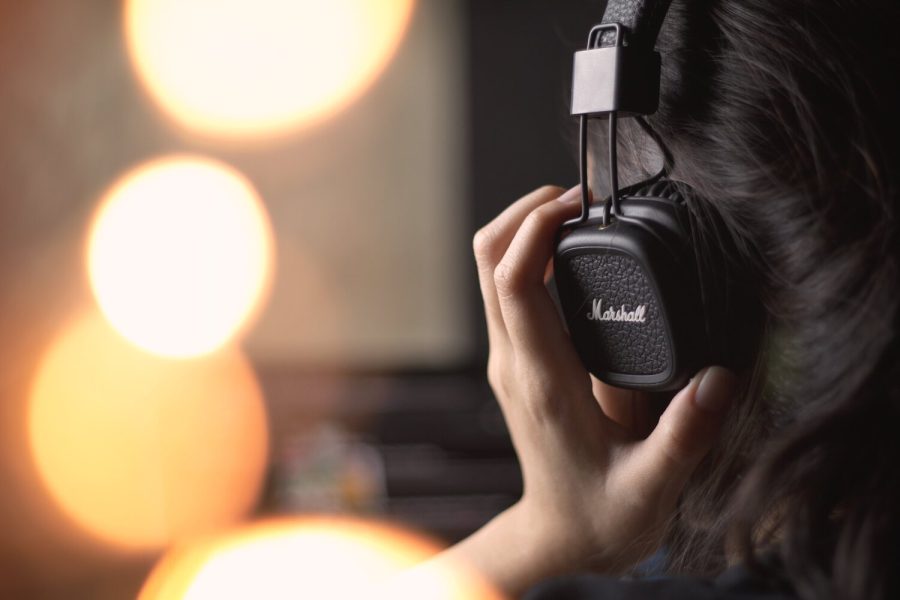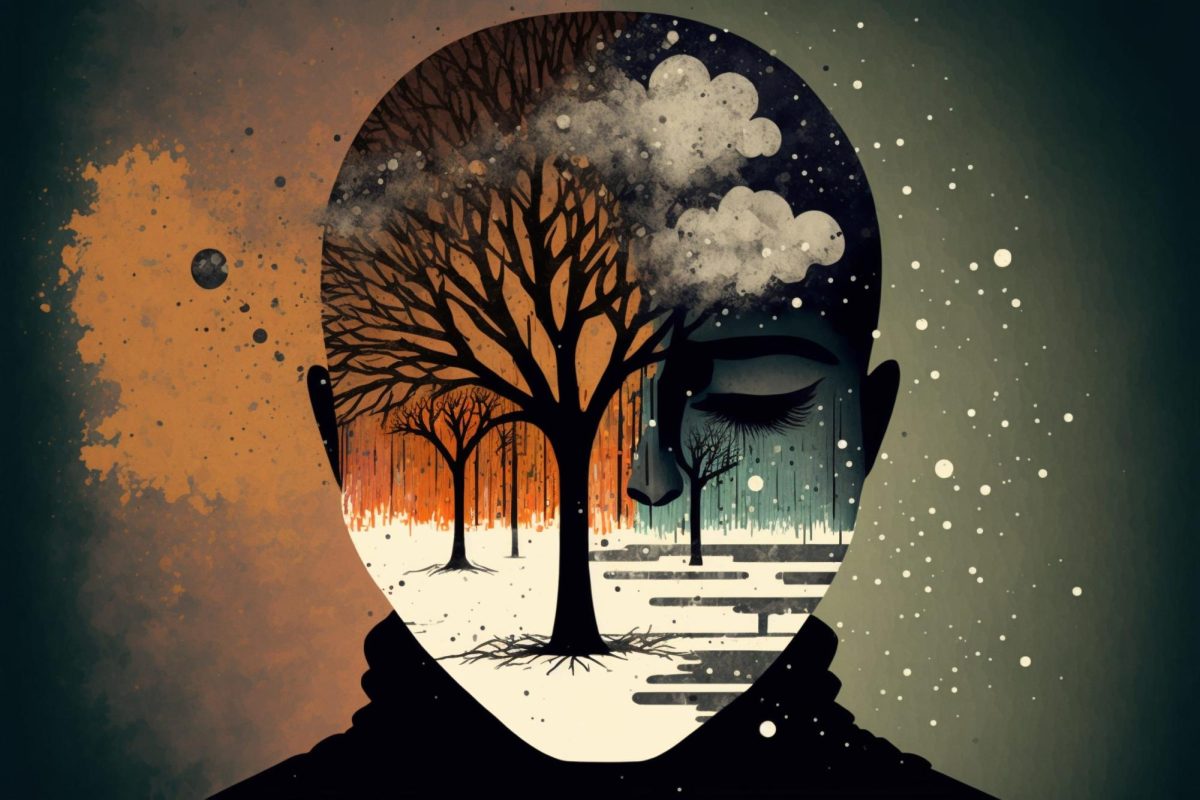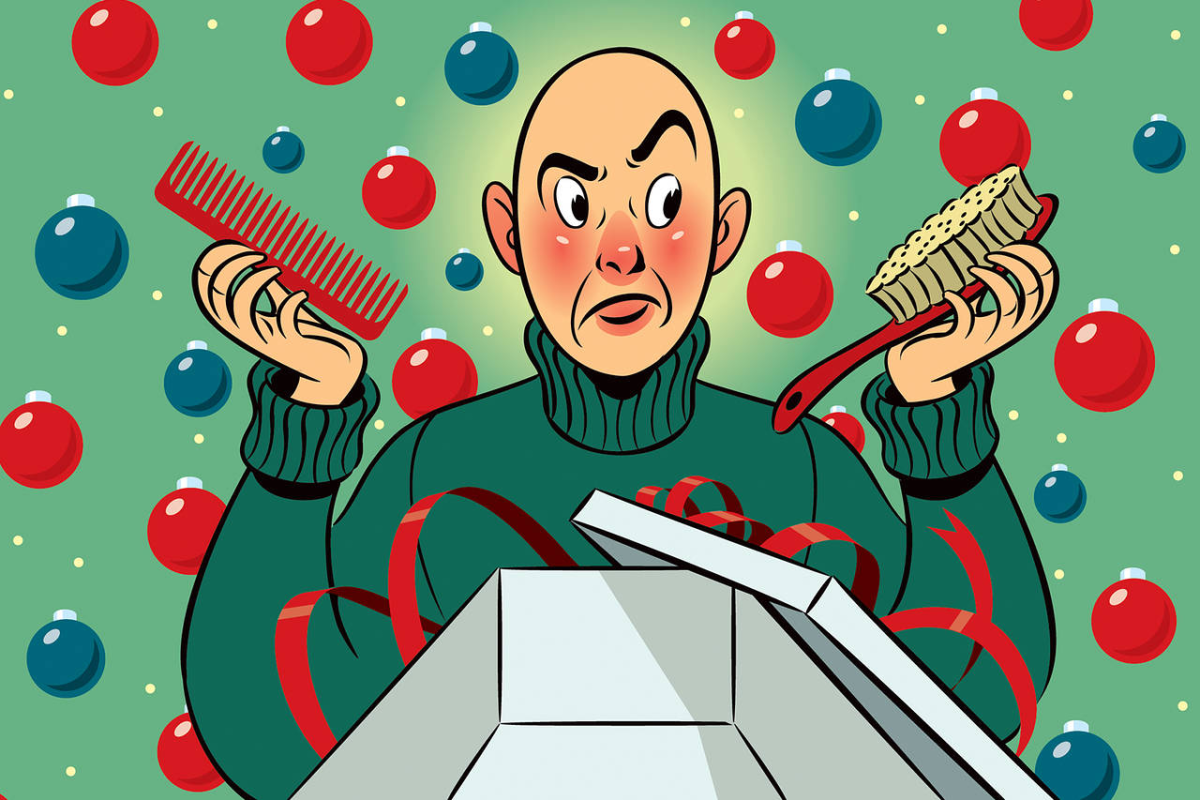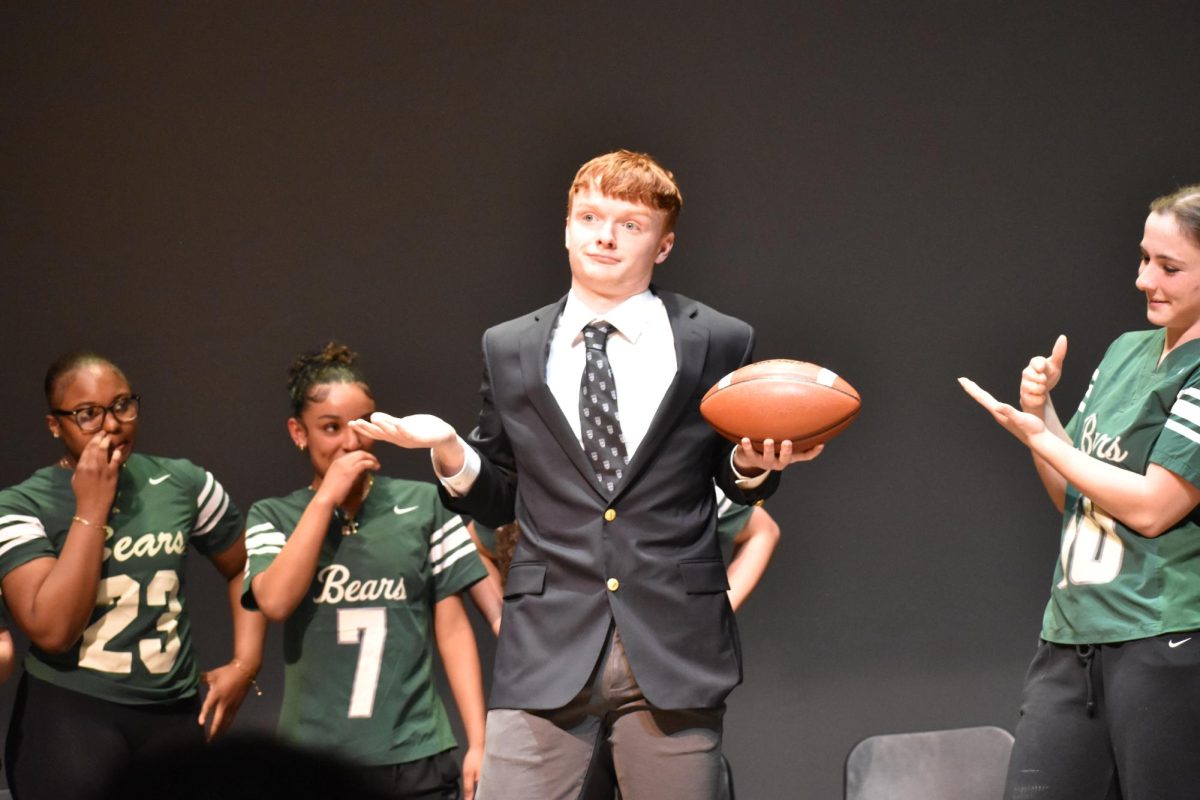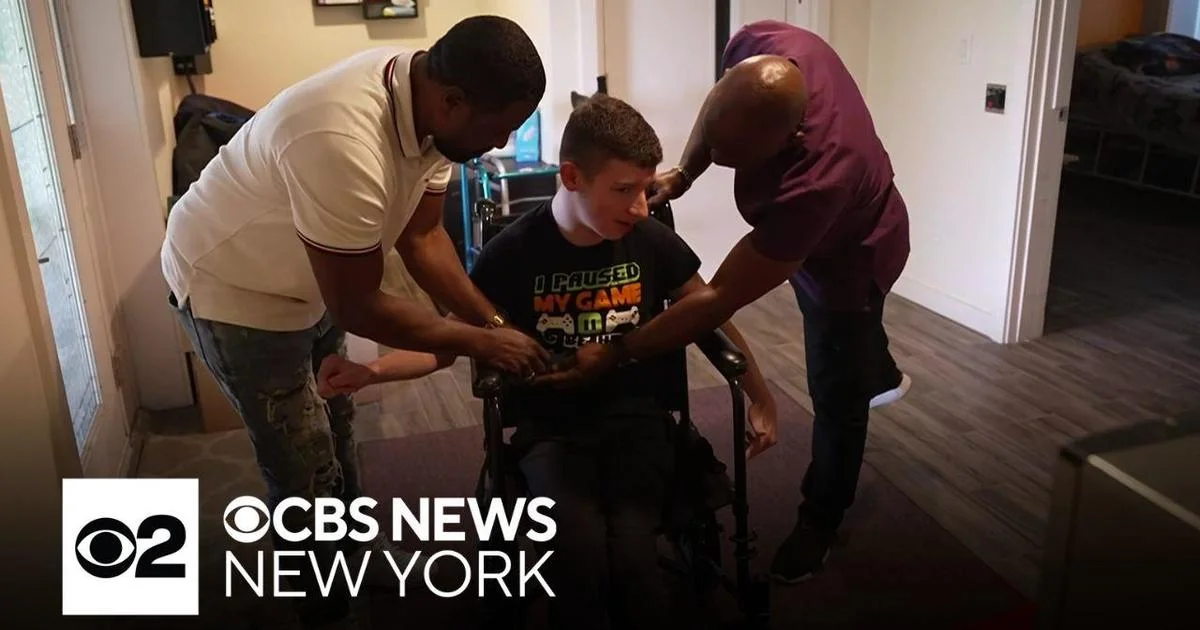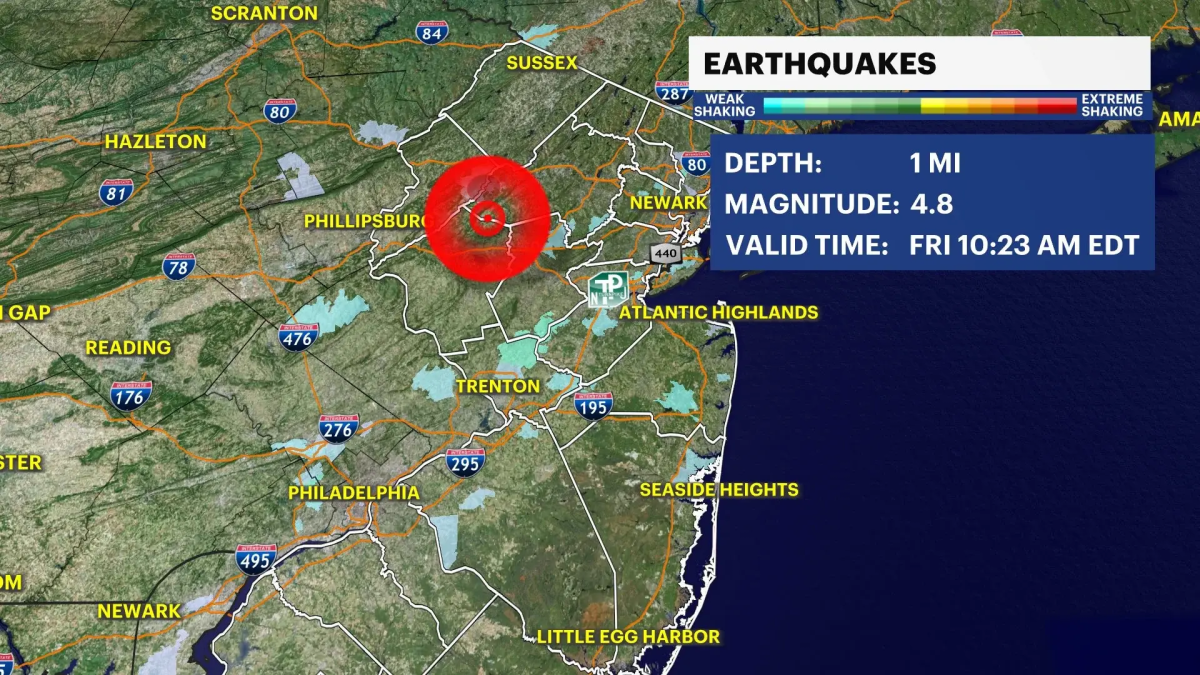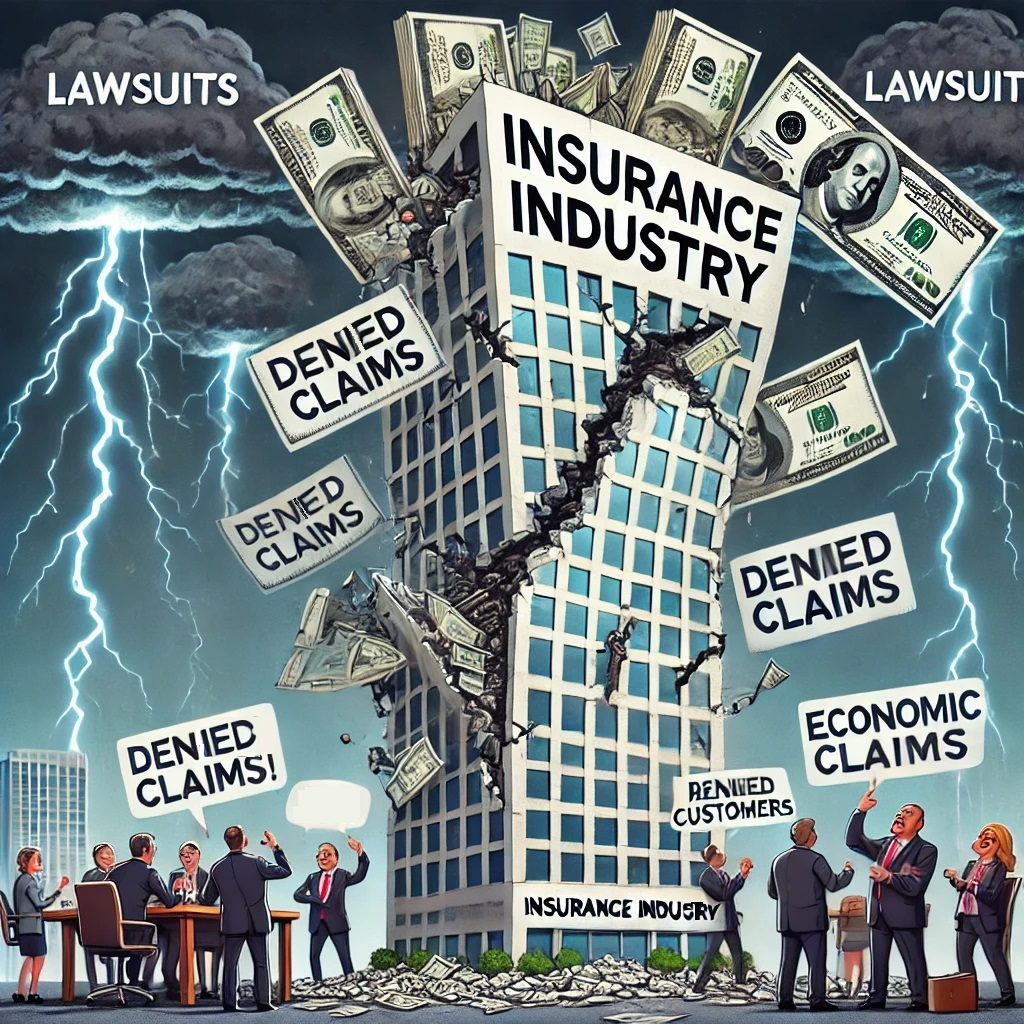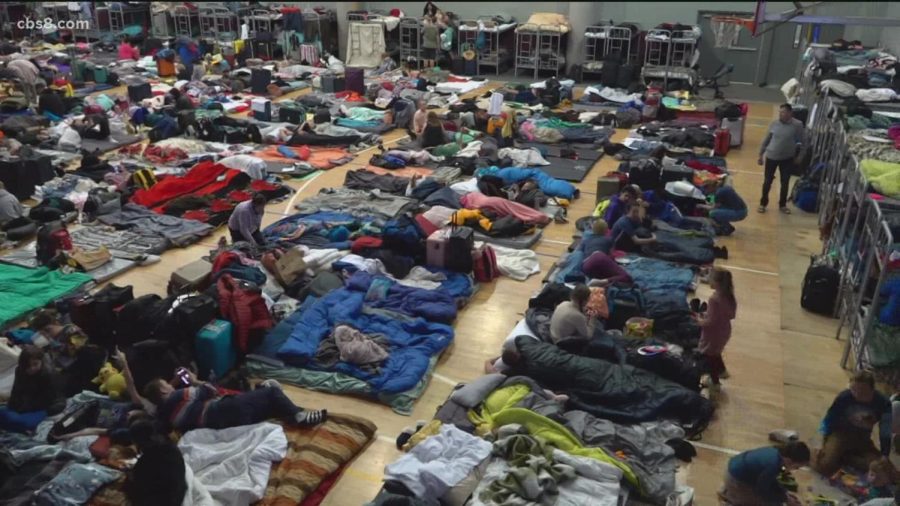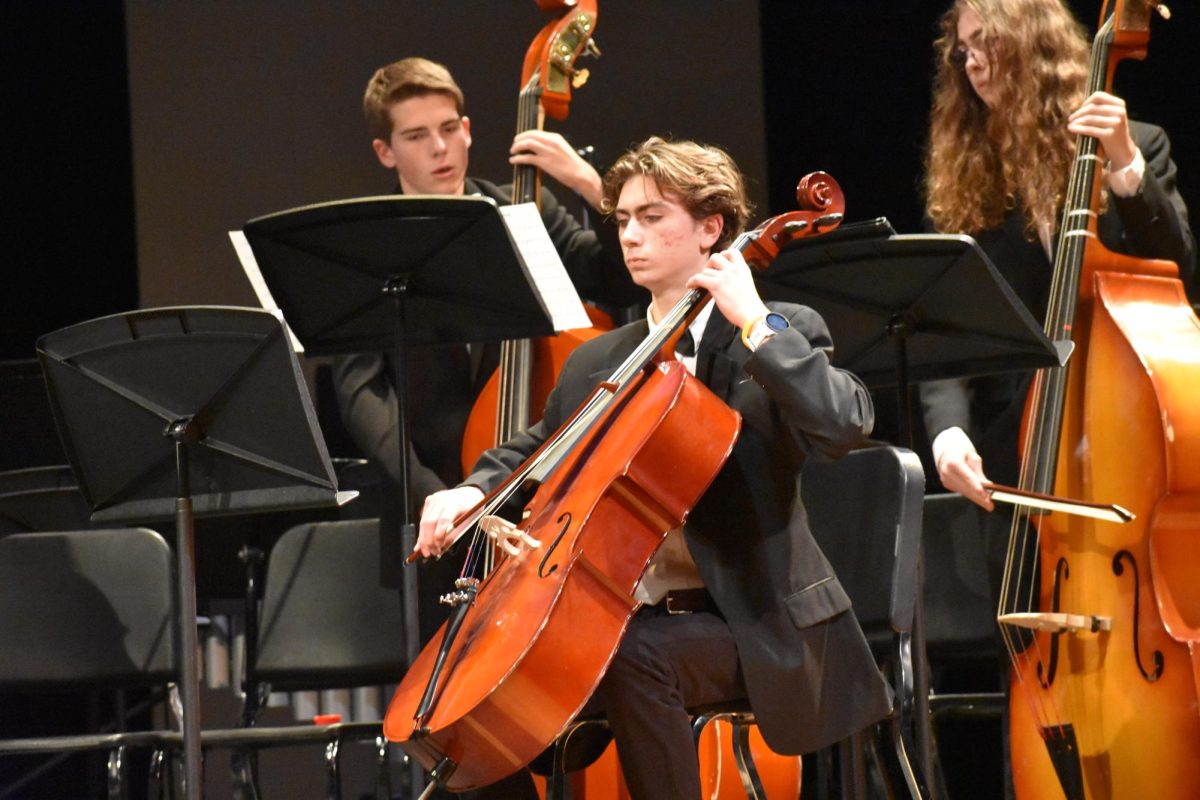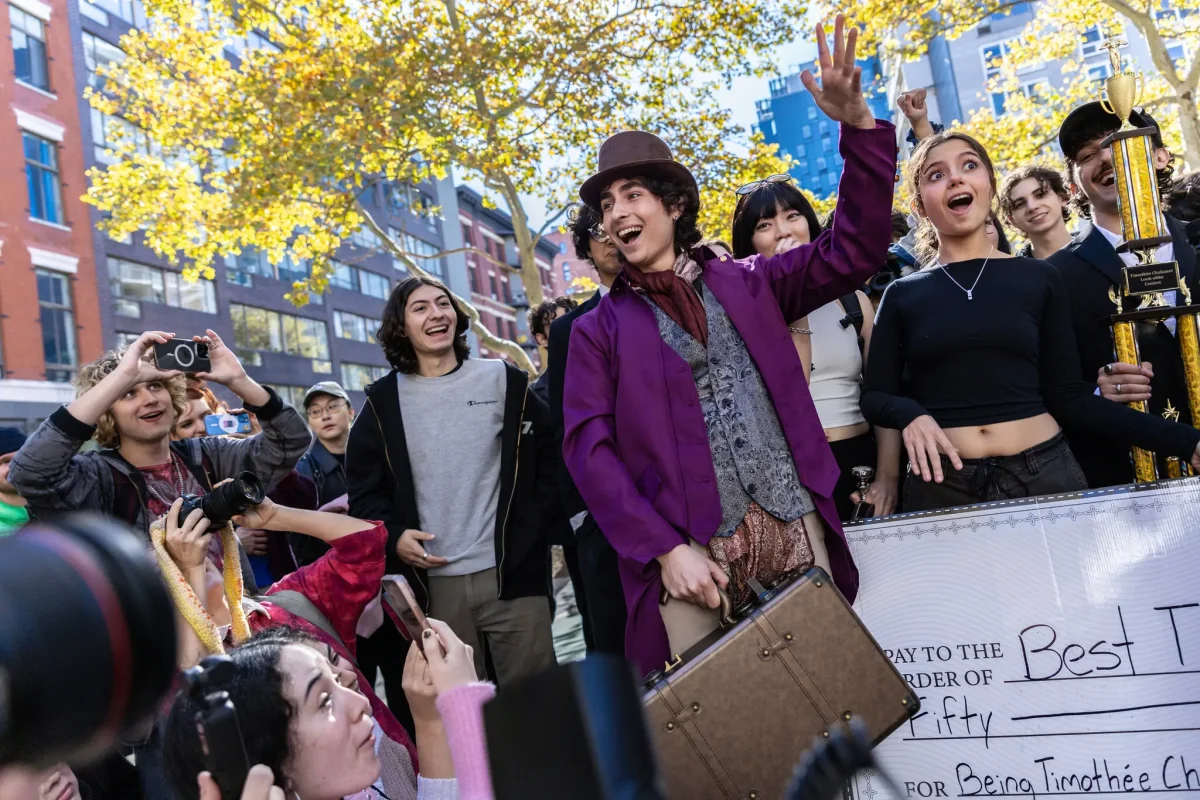Stapled across the telephone poles and corners of NYC, posters reading “Timothée Chalamet Look-alike Competition on October 27, 1 pm, in Washington Square Park arch” began to pop up, leaving residents wondering what was to come. Confused individuals made Tiktoks, reels, and posted this to any online media they could, wondering: who created this? Why? Were hundreds of bootleg Timothée Chalamets actually going to show up in Washington Square Park? And most importantly, was Timothée Chalamet going to be there?
Well, their answers were quickly answered, as “there had to be close to 10,000 people who tried to get in,” according to the organizer, YouTuber Anthony Po. Po organized the contest with a mere $250, originally setting the cash prize to $50. While he expected to gather a community through the widespread love of Timothée Chalamet, he was blown away by the sheer amount of people present, exceeding any previous hopes.
However, disaster struck in no time: the event was interrupted by the police, claiming it to be an “unpermitted costume contest” and sticking a $500 fine to the organizers. Forcing its attendees to relocate from the NYC park after a dispersal order, one Timothee was even taken away in handcuffs during the struggle, with video footage surfacing on TikTok not much later. Despite the struggle, Chalamet himself showed up, dressed inconspicuously in a mask and baseball cap, to make a brief appearance for the fans. Despite the police interference, the legality of the situation was not the most troubling, but in actuality, the harmful rhetoric pushed by celebrity culture.
To a point, it’s natural to admire those at higher levels of fame, especially people deemed conventionally attractive. This type of culture isn’t necessarily a new thing, as well. For decades, people have been fawning over their favorite singers and actors, learning snippets of their lives through varied media sources. Although, the level this admiration has reached—now borderline obsession—has spiraled out of control with the emergence of social media. Communities built completely on one person—communities that flourish on unhealthy behaviors—have grown from the ease of connection. Accounts made solely dedicated to celebrities, fictional romance stories drawn up by fans, and even the condoning of stalking and harassment have flourished in online spaces, promoting a false narrative in the minds of fans that they have a connection. While in some instances, a celebrity can care for their fans, there will always be a disconnection. Establishing the idea of a “relationship” with this person creates disappointment when not met, quickly turning obsession into resentment.
Many celebrities have actually addressed this obsession, taking different standpoints on the issue. Some—like singer Chappell Roan—have spoken out against this behavior despite the backlash faced by these fans. In a recent video, she expressed hatred towards obsessive fans after months of harassment, stalking, and felt as though this newfound “love” was suffocating her. While other famous people remain silent, fearing the backlash that people like Chappell Roan have faced despite the harassment they face on the daily.
These look-alike competitions act as a type of extension of the toxic culture present online, which impacts the lives of both fans and celebrities. In some ways, yes, they do bring community together, allowing fans to bond over their shared interest. Yet, it is the foundation of the community that is the issue with them: a foundation of obsession and parasocialism.
In many TikTok videos, fans expressed disappointment in hearing that celebrities did not show, claiming that they hold little care for anyone other than themselves. But the fact is, these people do not owe us anything. They are strangers, individuals leading their own lives. To treat them as if they have a responsibility falsely establishes a relationship that simply does not exist. These competitions also paint celebrities as a larger-than-life figure, hosting competitions as if they were rituals of worship. To idealize anyone to this level, no matter how unserious it may seem at the moment, has consequences. Celebrities are still human: they are flawed, they can do wrong, and these competitions only push the rhetoric prioritizing blind admiration emphasized in celebrity culture.


